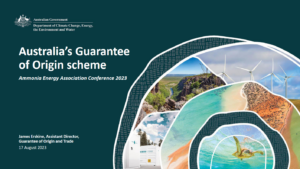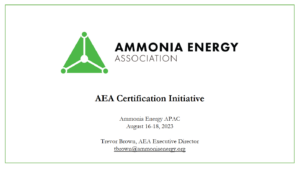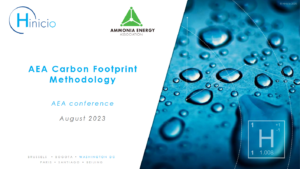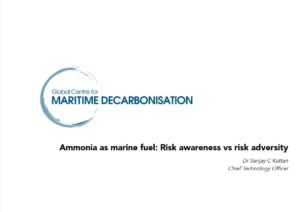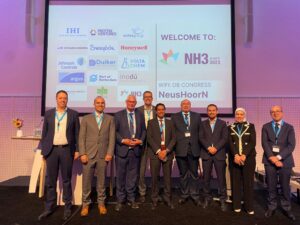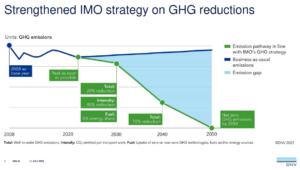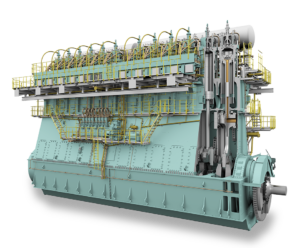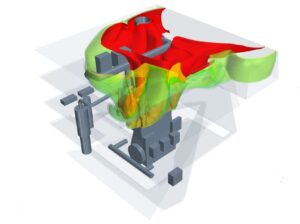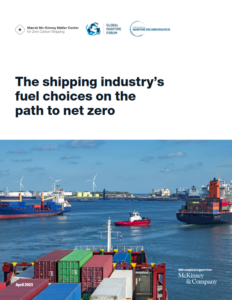Emissions
Ammonia as marine fuel: Risk awareness vs risk adversity
Message from the incoming AEA President
2023 really is the year of change for the clean ammonia business, with momentum on display across the world. Let’s keep up the pace, keep working together, and help spread the word that clean ammonia will be a winning market.
The IMO charts a course to net-zero
The IMO member states have agreed to a new roadmap for the decarbonisation of the global shipping sector, including emissions reduction targets to be met in 2030 and 2040. It was also established that a well-to-wake approach will be the basis for the lifecycle analysis of maritime fuels going forward, with the uptake of near or zero-carbon alternative technologies & fuels to account for 5 - 10% of the global shipping sector by 2030.
New marine engine collaboration, safety systems and key AiPs awarded
A new MoU between WinGD and Mitsubishi Shipbuilding will see the deployment of WinGD’s X-DF-A ammonia-fueled engines to a range of vessels. In Norway, Wärtsilä has unveiled a safety system designed for continuous onboard monitoring of ammonia leaks, featuring a staged combustion process to deal with accidental releases. And classification society DNV has awarded AiP to two significant ammonia-fueled vessel designs: the MS NoGAPs, and Viridis Bulk Carriers’ short sea bulk carrier.
Maritime updates: modeling engine room fuel leaks, testing a new fuel supply system
ABS has used computational fluid dynamics to model ammonia dispersion patterns in a ship’s engine room, with the aim of producing a fast, real-time response system for ammonia leaks. In Japan, a fuel supply system for large-scale, low-speed, two-stroke marine engines is undergoing final verification testing. Mitsubishi Shipbuilding aims to become a key technology provider of such systems, and in the ammonia maritime fuel space.
Ammonia supply chain between the Middle East & Japan takes shape
Mitsui & Co., INPEX and Japanese government agency JOGMEC will partner with ADNOC to verify the emissions intensity of ammonia produced at a new project in al-Ruwais, UAE. The final methodology is likely to reflect the definition of clean ammonia currently being developed in Japan. Shipments of CCU-based ammonia have arrived in Japan & India in recent weeks from SABIC in Saudi Arabia, further highlighting the potential of Middle East supply chains.
Key shipping stakeholders see a multi-fuel future: new survey results
A recent survey reveals how shipping industry leaders see the maritime fuel transition progressing. With conventional ship engines set to remain the preferred technology until at least 2050, almost all the survey respondents saw their fleets running on a mix of fuels by that date. Although methanol & ammonia are likely to be adopted at scale, respondents do not currently see any of the new fuels emerging as an industry standard, with key choices ahead for shipping companies, fuel producers, bunker providers and industry regulators.
